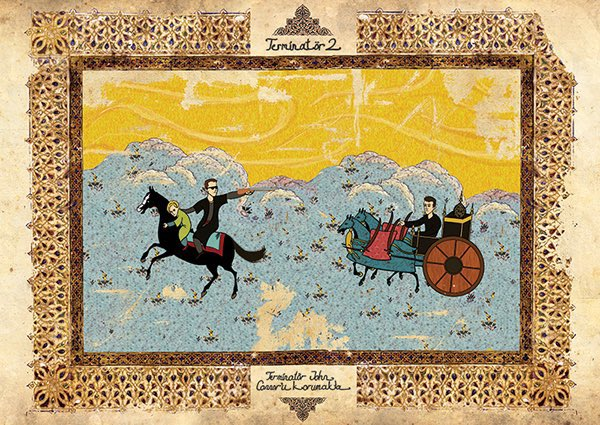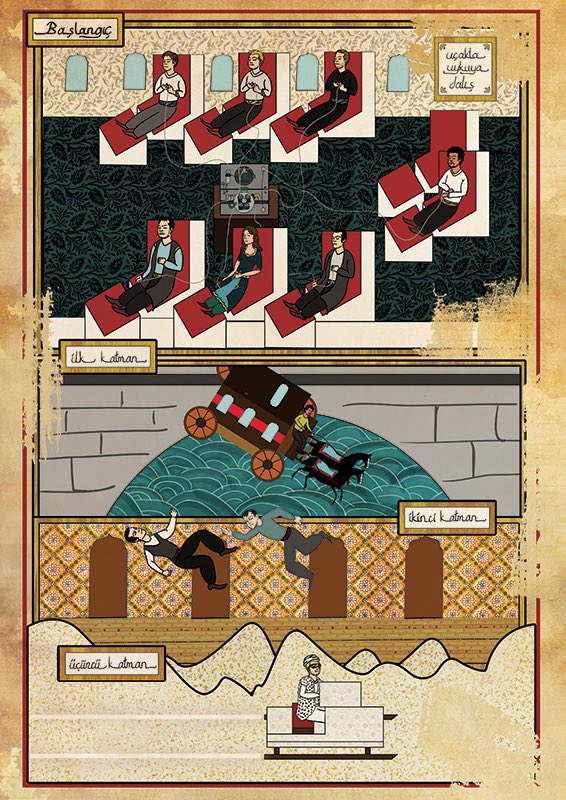
Blending cultures is awesome. What if Star Wars & Fahrenheit 451 were classic Russian lubok wood prints (Note samovar)? Or else Ottoman miniatures (details like the scimitar lightsaber)?
But wait, there's more! All 🇷🇺 art is by Andrey Kuznetsov & 🇹🇷 art is by @_Muratpalta 1/



But wait, there's more! All 🇷🇺 art is by Andrey Kuznetsov & 🇹🇷 art is by @_Muratpalta 1/




Can you guess these? Here we have the original movie as a Russian woodblock & the sequel as a Ottoman miniature. Plus two other well-known films. 2/ 







• • •
Missing some Tweet in this thread? You can try to
force a refresh




























